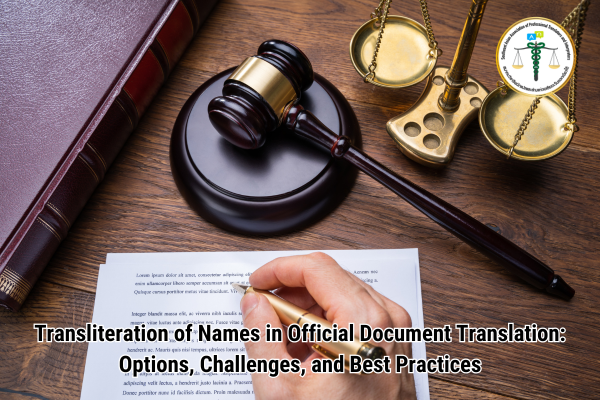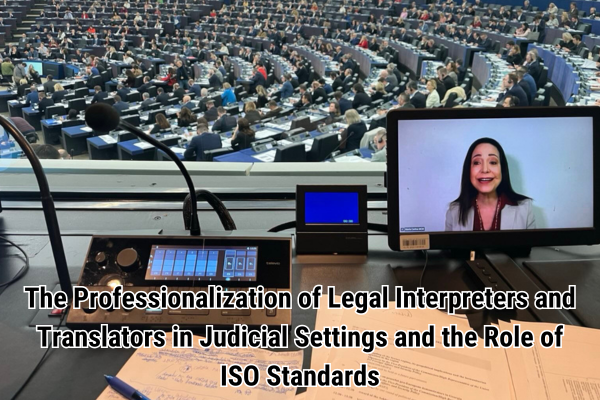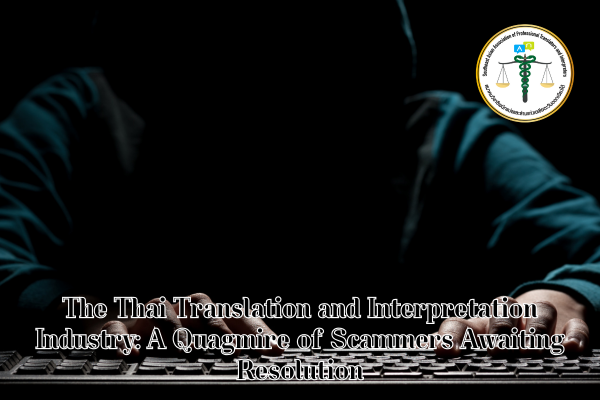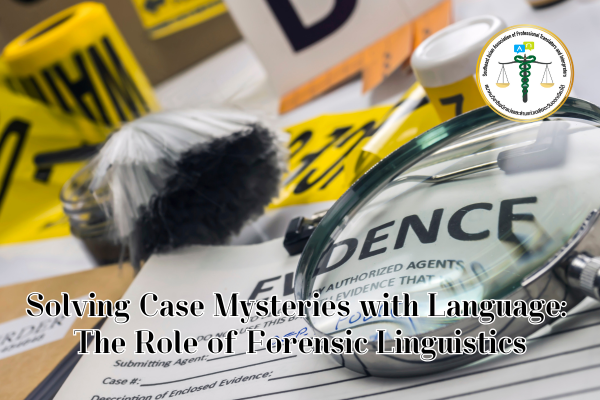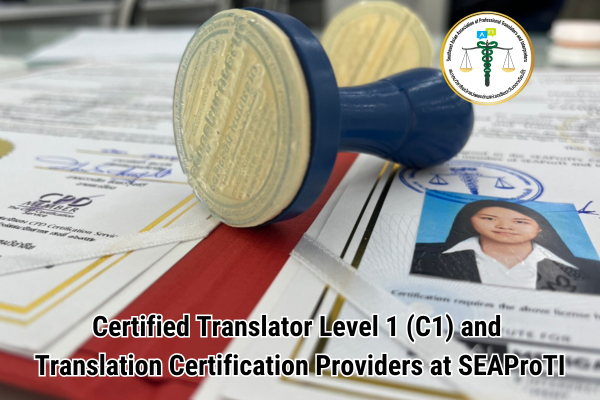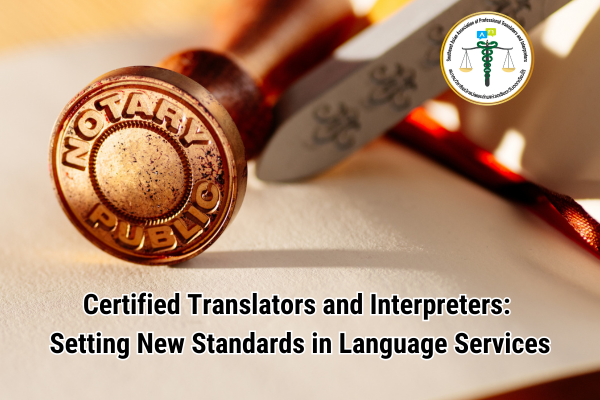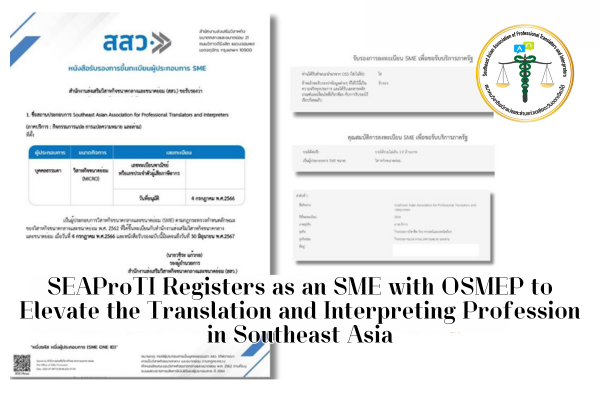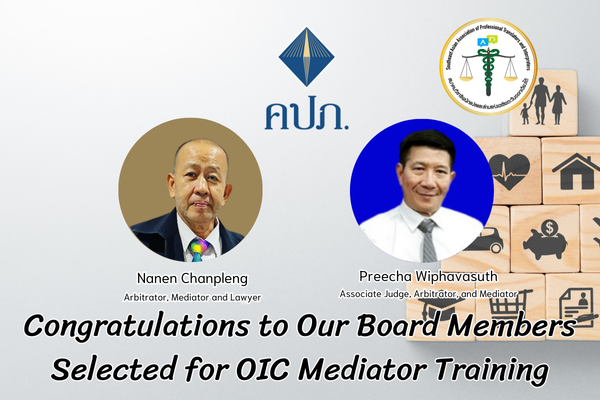Disinheritance from a Will Under Thai Law
25 February 2025, Bangkok – Thai civil and commercial law provides conditions under which a testator may disinherit a statutory heir from receiving an inheritance. According to Section 1608 of the Civil and Commercial Code, a testator may explicitly disinherit an heir by stating so in a will or through a written declaration deposited with a competent official. Additionally, the identity of the disinherited heir must be clearly specified.
However, Section 1608 also establishes a situation where an heir may be implicitly disinherited if the testator distributes all assets through a will, leaving no statutory inheritance for any heirs who are not named as beneficiaries. This provision raises legal questions regarding what constitutes the complete distribution of an estate by a will.
Case Study: Supreme Court Decision No. 9599/2553
In this case, the plaintiff was the eldest of eight children of the deceased and filed a lawsuit against the defendants, who were his siblings and estate administrators. The plaintiff sought to have a plot of land along Soi On Nuch divided into eight equal parts or sold at a public auction, with one-eighth of the proceeds going to him, amounting to no less than 2,015,000 baht.
The defendants argued that the plaintiff had been implicitly disinherited under Section 1608 since the deceased had disposed of the entire estate without leaving anything for him. The will stated:
- Articles 1 through 6 specified the distribution of assets.
- Article 7 declared that any immovable property not mentioned in the previous articles would be devised to six specifically named heirs.
- The plaintiff was not included in the list of six beneficiaries, nor was he named elsewhere in the will.
The plaintiff challenged Article 5 of the will, which referred to the land along Soi On Nuch. He contended that this property had not been fully disposed of in the will, meaning it should fall under intestate succession according to Section 1620 of the Civil and Commercial Code.
The Supreme Court ruled in favor of the plaintiff, determining that Article 7 of the will applied only to property that the deceased co-owned as the legal spouse of her husband. In contrast, the land in Article 5 was the deceased’s personal property. The will only stated that the property was to be auctioned to pay off an outstanding mortgage. However, the mortgage had already been paid off before the testator’s death, making Article 5 legally ineffective under Section 1699. As a result, the court ruled that the land fell under intestate succession according to both Sections 1620 and 1699.
The Role of Certified Translators, Translation Certifiers, and Certified Interpreters from SEAProTI
In inheritance cases, ensuring the accuracy and reliability of legal documents is crucial, especially when wills and estate-related paperwork require precise translations. Certified translators, translation certifiers, and certified interpreters from the Southeast Asian Association of Professional Translators & Interpreters (SEAProTI) play a key role in facilitating the legal process for all parties involved.
- Certified Translators translate wills, inheritance certificates, land title deeds, and other legal documents into languages required for court proceedings. A mistranslation can lead to misinterpretation and significantly impact the outcome of a case.
- Translation Certifiers verify the accuracy of translated documents, ensuring they are legally valid and faithfully represent the original texts. This is especially important when submitting documents as evidence in court.
- Certified Interpreters assist in court proceedings when heirs, witnesses, or legal representatives do not speak Thai fluently. Interpreters from SEAProTI help ensure that communication between attorneys, judges, and foreign-language speakers is precise and legally sound.
The Importance of Using Professional Translation and Interpretation Services
Inheritance disputes involving wills can be complex, particularly when multiple heirs, foreign elements, or legal intricacies are involved. If legal documents are not accurately translated or if certified interpreters are not present during court proceedings, miscommunications or legal ambiguities may arise, leading to unnecessary delays or unfavorable rulings.
By ensuring that all translations are performed and certified by qualified professionals from SEAProTI, heirs and interested parties can prevent potential legal disputes and streamline the probate process. Having access to certified translation and interpretation services ensures that all documents are legally sound and that all parties fully understand their rights and obligations.
Conclusion
Disinheritance cases and probate matters can be legally and emotionally complex, especially when the validity and interpretation of a will are disputed. Anyone involved in inheritance proceedings should seek legal advice and professional translation services to ensure a smooth process. SEAProTI’s certified translators, translation certifiers, and certified interpreters play an essential role in guaranteeing that legal documents are correctly translated and interpreted, helping to avoid miscommunications and ensuring compliance with Thai legal procedures.
SEAProTI’s certified translators, translation certification providers, and certified interpreters:
The Southeast Asian Association of Professional Translators and Interpreters (SEAProTI) has officially announced the criteria and qualifications for individuals to register as “Certified Translators,” “Translation Certification Providers,” and “Certified Interpreters” under the association’s regulations. These guidelines are detailed in Sections 9 and 10 of the Royal Thai Government Gazette, issued by the Secretariat of the Cabinet under the Office of the Prime Minister of the Kingdom of Thailand, dated July 25, 2024, Volume 141, Part 66 Ng, Page 100.
To read the full publication, visit: the Royal Thai Government Gazette
การถูกตัดออกจากพินัยกรรมภายใต้กฎหมายไทย
25 กุมภาพันธ์ 2568, กรุงเทพมหานคร – กฎหมายแพ่งและพาณิชย์ของไทยกำหนดเงื่อนไขที่ผู้ทำพินัยกรรมสามารถตัดทายาทโดยธรรมออกจากการรับมรดกได้ โดยหลัก ๆ แล้วสามารถกระทำได้สองลักษณะ ได้แก่ การระบุไว้ในพินัยกรรมอย่างชัดแจ้ง หรือการทำเป็นหนังสือที่ฝากไว้กับเจ้าหน้าที่ที่มีอำนาจ ตามที่บัญญัติไว้ในมาตรา 1608 ของประมวลกฎหมายแพ่งและพาณิชย์ นอกจากนี้ มาตรา 1608 ยังบัญญัติอีกว่าหากเจ้ามรดกได้แจกแจงทรัพย์สินทั้งหมดของตนโดยพินัยกรรมแล้ว ทายาทโดยธรรมที่ไม่ได้ถูกระบุให้เป็นผู้รับมรดกในพินัยกรรมดังกล่าวจะถือว่าเป็นผู้ถูกตัดออกจากมรดกโดยปริยาย
กรณีศึกษาคำพิพากษาศาลฎีกาที่ 9599/2553
ในคดีนี้ โจทก์เป็นบุตรคนโตในจำนวนบุตรทั้งหมดแปดคนของเจ้ามรดก ได้ยื่นฟ้องให้จำเลยซึ่งเป็นพี่น้องของตนเองและเป็นผู้จัดการมรดกของเจ้ามรดก ทำการแบ่งแปลงที่ดินที่อยู่ริมซอยอ่อนนุชออกเป็นแปดส่วน หรือให้ขายทอดตลาดและแบ่งเงินให้โจทก์ในอัตราหนึ่งในแปดเป็นจำนวนเงินไม่น้อยกว่า 2,015,000 บาท
จำเลยโต้แย้งว่าโจทก์ถูกตัดออกจากพินัยกรรมโดยปริยาย ตามมาตรา 1608 ของประมวลกฎหมายแพ่งและพาณิชย์ เนื่องจากเจ้ามรดกได้แจกแจงทรัพย์สินทั้งหมดโดยพินัยกรรมแล้ว โดยในพินัยกรรมของเจ้ามรดก
- ข้อ 1 ถึง 6 ของพินัยกรรมระบุถึงการแจกแจงทรัพย์สินของเจ้ามรดก
- ข้อ 7 ระบุว่าทรัพย์สินที่ไม่ได้แจกแจงไว้ในข้อ 1 ถึง 6 จะตกเป็นของทายาทหกคนที่มีรายชื่ออยู่ในข้อ 7
- โจทก์ไม่ได้อยู่ในรายชื่อทั้งหกคนในข้อ 7 และไม่ได้เป็นผู้รับประโยชน์ตามข้อ 1 ถึง 6
โจทก์โต้แย้งโดยเฉพาะพินัยกรรมข้อ 5 ที่เกี่ยวข้องกับที่ดินริมซอยอ่อนนุช โดยโจทก์ให้เหตุผลว่าที่ดินดังกล่าวไม่ได้ถูกแจกแจงอย่างสมบูรณ์ ดังนั้นจึงควรตกเป็นมรดกตามกฎหมายโดยทั่วไปตามมาตรา 1620 ของประมวลกฎหมายแพ่งและพาณิชย์
ศาลฎีกาพิจารณาและมีคำวินิจฉัยว่า พินัยกรรมข้อ 7 นั้นหมายถึงทรัพย์สินที่เจ้ามรดกถือกรรมสิทธิ์ร่วมกับสามีในฐานะคู่สมรส แต่ที่ดินริมซอยอ่อนนุชที่อยู่ในข้อ 5 เป็นทรัพย์สินส่วนตัวของเจ้ามรดก ข้อ 5 ของพินัยกรรมเพียงระบุให้ขายทอดตลาดเพื่อนำเงินไปชำระค่าจำนองที่ธนาคาร อย่างไรก็ตาม หนี้จำนองได้ถูกชำระไปหมดแล้วก่อนที่เจ้ามรดกจะเสียชีวิต ทำให้ข้อ 5 ของพินัยกรรมไม่มีผลบังคับตามมาตรา 1699 ของประมวลกฎหมายแพ่งและพาณิชย์
ดังนั้น ศาลฎีกาจึงตัดสินให้โจทก์ได้รับส่วนแบ่งมรดกของที่ดินริมซอยอ่อนนุชตามกฎหมายทั่วไป เนื่องจากที่ดินดังกล่าวไม่ได้ถูกแจกแจงโดยพินัยกรรมโดยสมบูรณ์และข้อกำหนดในพินัยกรรมที่เกี่ยวข้องไม่มีผลทางกฎหมาย
บทบาทของนักแปลรับรอง ผู้รับรองการแปล และล่ามรับรองของ SEAProTI
ในกระบวนการพิจารณาคดีมรดก การมีเอกสารที่ถูกต้องและสามารถนำไปใช้ในกระบวนการศาลได้อย่างมีประสิทธิภาพเป็นเรื่องสำคัญ โดยเฉพาะอย่างยิ่งเมื่อเกี่ยวข้องกับพินัยกรรมและเอกสารทางกฎหมายที่ต้องการการแปลอย่างถูกต้องและน่าเชื่อถือ นักแปลรับรอง ผู้รับรองการแปล และล่ามรับรองของ สมาคมวิชาชีพนักแปลและล่ามแห่งเอเชียตะวันออกเฉียงใต้ (SEAProTI) มีบทบาทสำคัญในการอำนวยความสะดวกด้านเอกสารให้แก่ผู้เกี่ยวข้องในคดีลักษณะนี้
-
นักแปลรับรอง มีหน้าที่ในการแปลพินัยกรรม หนังสือรับรองมรดก เอกสารสิทธิ์ที่ดิน และเอกสารทางกฎหมายอื่น ๆ ที่เกี่ยวข้องกับคดีให้เป็นภาษาที่ศาลหรือคู่กรณีสามารถเข้าใจได้ การแปลเอกสารที่ผิดพลาดอาจนำไปสู่ปัญหาในการตีความและอาจส่งผลกระทบต่อผลของคดี
-
ผู้รับรองการแปล ทำหน้าที่ตรวจสอบความถูกต้องของเอกสารที่ได้รับการแปลแล้ว โดยรับรองว่าเอกสารฉบับแปลมีความถูกต้องตรงกับต้นฉบับ สิ่งนี้มีความสำคัญอย่างยิ่งในกรณีที่ต้องยื่นเอกสารต่อศาล หรือใช้เป็นหลักฐานในการดำเนินการเกี่ยวกับมรดก
-
ล่ามรับรอง มีบทบาทในกรณีที่มีคู่ความหรือพยานที่ไม่สามารถสื่อสารภาษาไทยได้อย่างคล่องแคล่ว ล่ามรับรองจาก SEAProTI จะช่วยแปลและถ่ายทอดข้อมูลในการพิจารณาคดี รวมถึงการสื่อสารระหว่างทนายความ ผู้พิพากษา และคู่ความที่ใช้ภาษาต่างประเทศ
ความสำคัญของการใช้บริการผู้เชี่ยวชาญด้านการแปลและล่ามรับรอง
คดีมรดกที่เกี่ยวข้องกับพินัยกรรมมักมีความซับซ้อนและอาจเกี่ยวข้องกับบุคคลหลายฝ่าย โดยเฉพาะอย่างยิ่งหากมีทายาทหรือคู่กรณีที่ใช้ภาษาต่างประเทศ หรือเอกสารที่ต้องแปลเพื่อนำไปใช้ในการพิจารณาคดี หากไม่มีการแปลเอกสารอย่างถูกต้องหรือไม่มีล่ามรับรองที่สามารถช่วยอำนวยความสะดวกในกระบวนการพิจารณาคดี อาจส่งผลให้เกิดความล่าช้า หรือแม้กระทั่งทำให้การตีความพินัยกรรมผิดไปจากเจตนารมณ์ของเจ้ามรดก
SEAProTI ให้ความสำคัญกับมาตรฐานการแปลและการล่ามที่มีความถูกต้องแม่นยำ ซึ่งสามารถช่วยให้การพิจารณาคดีมรดกดำเนินไปอย่างราบรื่น และช่วยให้ผู้มีสิทธิ์ในมรดกสามารถดำเนินการตามกฎหมายได้อย่างมีประสิทธิภาพ
สรุป
คดีเกี่ยวกับพินัยกรรมและมรดกเป็นเรื่องที่มีความซับซ้อนทางกฎหมาย และการตีความพินัยกรรมอาจเป็นประเด็นถกเถียงที่ต้องอาศัยการพิจารณาโดยศาล ผู้ที่มีสิทธิ์ในมรดกควรปรึกษาทนายความและใช้บริการนักแปลรับรอง ผู้รับรองการแปล และล่ามรับรองจาก SEAProTI เพื่อให้มั่นใจว่าเอกสารที่เกี่ยวข้องกับคดีได้รับการแปลและรับรองอย่างถูกต้องตามมาตรฐาน เพื่อป้องกันปัญหาทางกฎหมายที่อาจเกิดขึ้นในอนาคต
เกี่ยวกับนักแปลรับรอง ผู้รับรองการแปล และล่ามรับรองของสมาคมวิชาชีพนักแปลและล่ามแห่งเอเชียตะวันออกเฉียงใต้
สมาคมวิชาชีพนักแปลและล่ามแห่งเอเชียตะวันออกเฉียงใต้ (SEAProTI) ได้ประกาศหลักเกณฑ์และคุณสมบัติผู้ที่ขึ้นทะเบียนเป็น “นักแปลรับรอง (Certified Translators) และผู้รับรองการแปล (Translation Certification Providers) และล่ามรับรอง (Certified Interpreters)” ของสมาคม หมวดที่ 9 และหมวดที่ 10 ในราชกิจจานุเบกษา ของสำนักเลขาธิการคณะรัฐมนตรี ในสำนักนายกรัฐมนตรี แห่งราชอาณาจักรไทย ลงวันที่ 25 ก.ค. 2567 เล่มที่ 141 ตอนที่ 66 ง หน้า 100 อ่านฉบับเต็มได้ที่: นักแปลรับรอง ผู้รับรองการแปล และล่ามรับรอง



